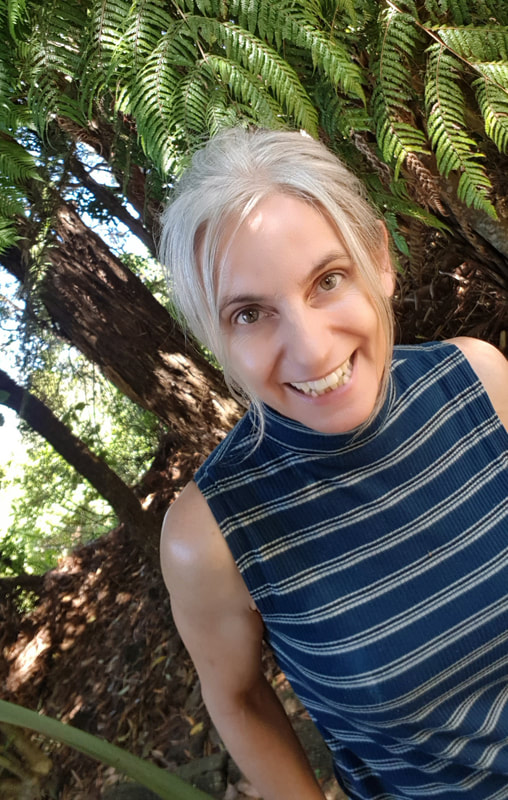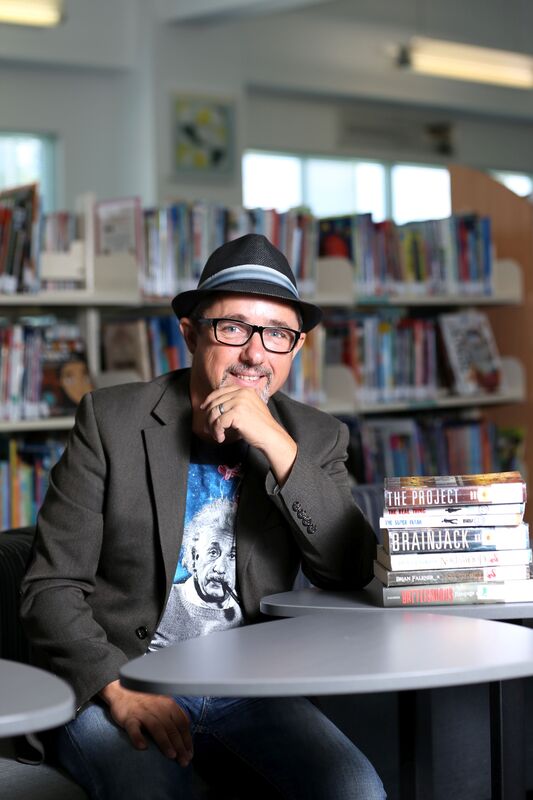Finalists of the 2021 NZBCYA awards share their tips on writing, drawing, reading, and books!
To sum it up – this year’s Books Alive virtual events and Virtual Storytime programme was an absolute hit! In case some of you missed the excitement, we have recorded all the Books Alive virtual events and Virtual Storytimes for you to watch over and over.
There was some really powerful advice shared throughout the virtual Books Alive events, and we wanted to share those with the wider library and information sector. Authors spoke about how to get rid of their dreaded writers block; how characters came to life; while illustrators showed us the very basic tools and techniques to creating funny and memorable illustrations.
Here are some of our favourite take-aways from these events!
| Kate Parker, winner of the Best First Book and Picture Book award categories has this to say about how she created Kōwhai and the Giants. “Follow your “nose”, keep trying. Things don’t always look great to start with, and that’s OK. It’s about holding on when you’re in that place… Start where you are, and like one thing about what you’re doing, and following the positive. |
| Jonathan King, author of The Inkberg Enigma, finalist in the Wright Family Foundation Esther Glen Junior Fiction award category has some great advice for budding artists and comic book creators. “What is fantastic about comic making you don’t need special equipment, or a publisher, or necessarily big long ideas.” “The great thing about comics is that there is no one style they have to be, there is room for all voices and styles in comics, no matter what your ability is or what your style is… Style is whatever you do – it defines your style. Just get it out and share it, because there will always be someone who will like it.” |
| Selina Tusitala Marsh, finalist of the 2021 New Zealand Books Awards for Children and Young Adult in the Elsie Locke Non-Fiction category tells us about the inspiration of a name and Mophead Tu: A Queens Poem. “No one likes to be bullied… That’s called colonialism.” “Words are worlds, and it’s the difference of one letter. Your whole axis of understanding tilts, that a word offers an entire world to cultural understanding. When colonialism started, the indigenous names started to be replaced with colonial names, and the stories started to disappear… The history of the people of that area started to disappear.” “Tu is about standing in cultural integrity. Tu is often used as a call to sovereignty. And of course it is the first to letters of Tusitala… A key take away is: Know yourself, know thy self.” |
| Shilo Kino, winner of the Young Adult Fiction award category, told us about why she needed to write The Pōrangi Boy. “I love reading, and when you love reading, there are usually books you want to find, but you can’t find them… When I was growing up, there were a lot of stories wanted to read that weren’t available, and a lot of that reason is because I am Maori, and there weren’t a lot of Maori writers when I grew up.” “When you can’t find the story, you need to write the story yourself.” |
| Brian Falkner, finalist of the 2021 New Zealand Book Awards for Children and Young Adult in the Young Adult Fiction category tells us about the inspiration of Kapito Joe: Spycraft. “I grew up not that long after the end of the second world war… It was recent history and a big part of my growing up and I was quite fascinated with that war. The world we live in today is largely shaped, politically, geographically, in a lot of ways by that war – it has a big effect on the world we live in today. I really wanted to write a series of books that would bring that period alive for young people; but not in a non-fiction, educational way – I wanted to write an action packed adventure story so students would learn about that time through the boy who lived through it.” “I read a ton of books [for the research of the books], and I am still reading a ton of books for the third book. There are a lot of online resources but I try to check them in two or three places to make sure they’re accurate. I tend to trust books more because it’s been vetted by a publisher, so I tend to rely on them more. |







 RSS Feed
RSS Feed